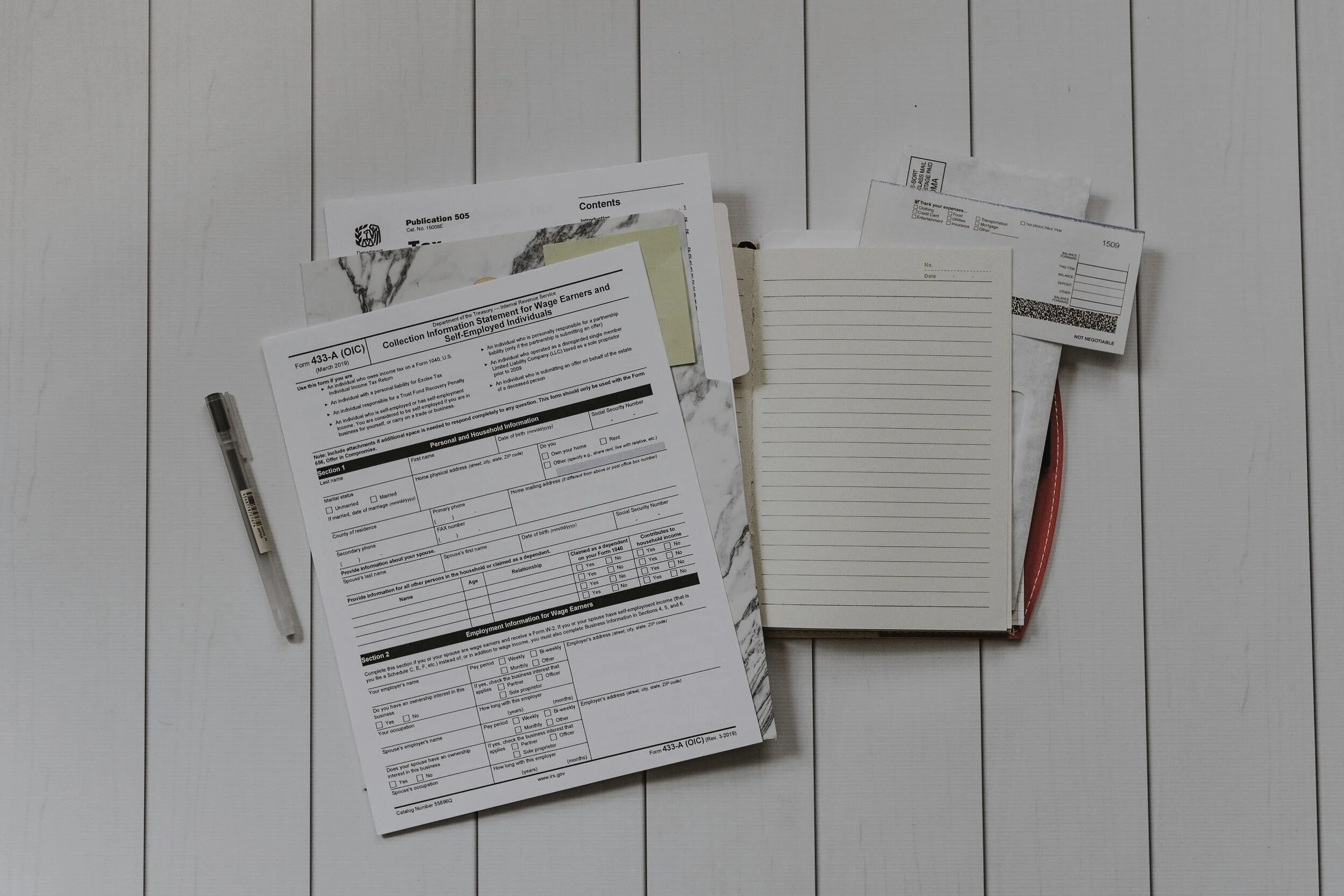11 Steps To Successful German Study Visa Application
Yana Immis
Steps you need to undertake to secure yourself smooth and 100% visa success rate with the German Embassy. Read more here!
So you are a happy foreign student who has been granted a place in the program of your choice at a German university! Congratulations on having a conditional offer letter!
Attention!
Your offer is probably still conditional though. Make sure to double-check that. Conditional means either that you need to submit more documents or that you need to pay the deposit fees to secure and save your seat. Conditional offers generally have expiration dates (1-2 weeks) - do not miss out otherwise you lose your place in the program!
Any offer is conditional (provisional) until you have paid the deposit fees and your visa application either will not be accepted or your visa will be denied (if you apply with conditional offer letter). Once you have paid the deposit fees, your offer letter becomes unconditional (final) and that is the one you need for the visa application.
Let’s start with the steps you need to undertake to secure yourself smooth and 100% visa success rate:
1. Check availability for the visa appointment once again and schedule it unless you have done it earlier and in a timely manner
a. You go to the German embassy/call them/visit the website and
b. Schedule an appointment for a National Visa Type D (for studying purposes above 90 days with unconditional offer letter). You might not have an unconditional offer yet, but you can schedule an appointment. It is riskier if you miss out on a date than if you cancel it.
2. Apply to open a blocked account, unless you already have it under control. Make sure to check this useful article as well as this useful article regarding the blocked account law and the alternatives. The blocked account can be opened with a conditional offer letter and it is not a problem.
Still unsure which blocked account option to choose? Choose Coracle! (The best option for international students in 2020-2024)
3. Transfer funds to the blocked account and get a confirmation unless you went for the alternative option.
4. Pay the deposit to the university to receive an unconditional offer letter, unless you have already done so.
5. Collect all documents for visa:
a. Application Form(s)
b. Your background & education documents including English/German language tests
If you do not have such a test, confirmation of English medium studies must be presented or a document from the university in Germany that they tested your English knowledge and you are good to go.
c. Financial solvency documents (including but not limited to blocked account confirmation) – the more the better!
d. Motivational statement and CV
e. Unconditional offer letters, contracts, and confirmations of payment from the university
f. Other requirements of the German embassy according to the territory where you live
The majority of documents must come in original and 2 certified copies in preferably German language. English is widely accepted as well.
Make sure to double-check the checklist for the National Visa for studying purposes above 90 days in Germany (Type D), go point by point and cross out the documents you have prepared.
6. Prepare for visa interview (rehearse the same topics you were having during the university interview and in your motivational statement).
a. Important is to prove that you plan to come back (even if you don’t) and to prove you have something holding you back in your country: family, flat, friends, future plans, business, puppies
7. Apply for visa
a. You do not have to give your passport and you can keep it
b. You need to wait 1-3 months for the visa decision (may take up to 6 months from some countries). Minimum is 19 working days
8. Start accommodation search the same day you applied for a visa. Better safe than sorry. This article will be of very big help to you.
9. Edit your LinkedIn and CV and start applying for jobs to understand the market. How to find a job on the market in Germany without speaking German? You will find out from this article.
10. Start learning German intensively for the next 1-3 months from the moment you have applied for a visa.
11. Receive an SMS/Email/call from the German embassy that you need to appear with your insurance and passport – it means your visa is approved! Get insurance once the visa result is clear (for 90 days from the arrival date). Once you arrive in Germany, you will obtain the German insurance on subscription.


















